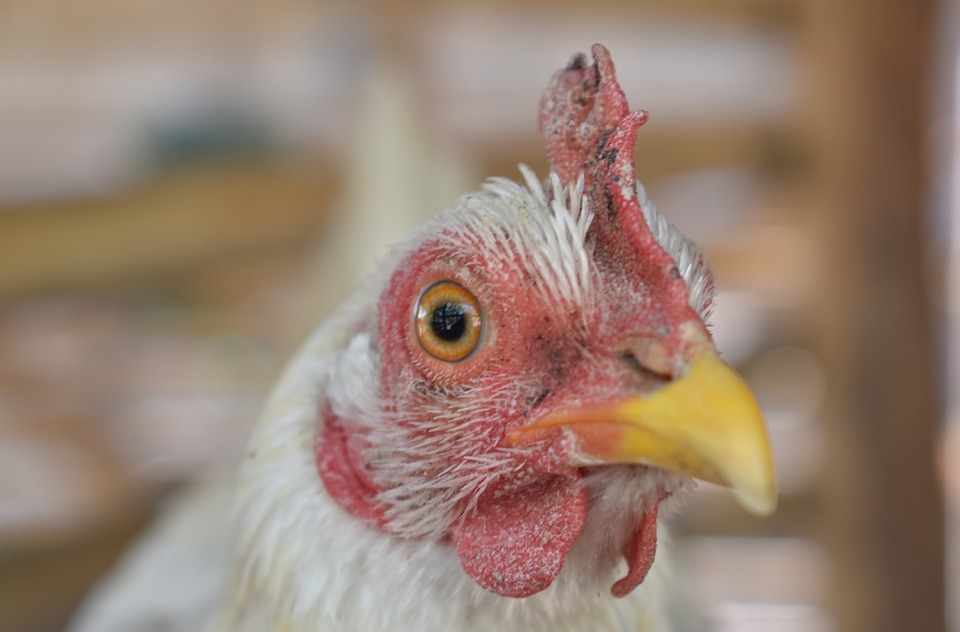
Under this administration, deregulation has become increasingly common. One of the most disturbing areas of deregulation is happening to our food supply. Americans have little or no ability to discern the food origin of their meats. Obviously, that means lack of clarity regarding the safety and quality of the foods we eat. But did you know it also means uninformed consumer purchases that could bring about a global epidemic?
This connection between food origin labels and pandemics may not be readily clear without a quick background in zoonotic disease transfer. Most diseases are species specific, meaning they’re only adapted to a certain kind of animal. Viruses and bacteria usually have a hard time adapting to immune systems they aren’t used to, and so fail to infect a host that isn’t their usual turf. However, when crossover between animals and humans does occur, you have zoonotic disease transfer.
The Spanish flu, which killed four percent of the world’s population between 1918 and 1920, provides an excellent example of the dangers posed by zoonotic disease transfer. So many people died from the Spanish flu that life expectancy in the United States dropped from 51 to 39. Notably, all this materialized from a virus similar to the common flu. The specific subtype of this more virulent version will be familiar to most – H1N1, which caused the outbreak of swine flu in 2009. While swine flu came from hogs, Spanish flu came from birds.
In concentrated animal feeding operations (CAFOs), animals are squished side by side for their entire lives. Many larger animals don’t have the space to turn around in their pens, and others, like poultry, are in cages so small they can only sit. This leads many animals to become more prone to disease. Once diseases take hold in animals with compromised immune systems, it’s even easier for the disease to pass from animals to humans.
This brings us back to labels. As it turns out, zoonotic disease transfer concerns are even greater in China, a result of Chinese labor practices. Not only are people working closely with diseased animals, they are also living near them. Living and eating next to diseased animals translates into lots of chances for animal diseases to make the jump to humans. As recently as this February, Chinese provinces shut down their poultry markets in response to an outbreak of bird flu that led to 192 human cases and 79 deaths.
The way animal agriculture in China is structured makes Chinese agricultural workers much more vulnerable to catching diseases from the animals they work with. It only takes a few people working on a CAFO to get sick with avian influenza and cause an outbreak as devastating as the Spanish flu.
What does this mean for the American consumer? As we move into increasingly global markets, it’s getting harder and harder to know where our food comes from. Lack of regulations have made it harder to use the “power of the purse” to demand reforms. Without proper labels, consumers are in the dark when it comes to avoiding food.
At FIC, we advocate to improve our agricultural industries. We do this by giving a voice to workers in the food system who in turn bring the truth to you. We also work to reduce deadly disease when we work to improve transparency and labeling so that you can make informed purchases.
Maxwell Black is an undergraduate at Harvard and a former intern at the Food Integrity Campaign.